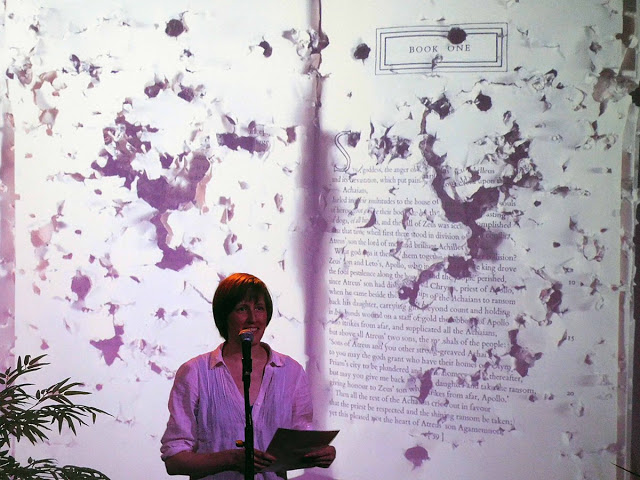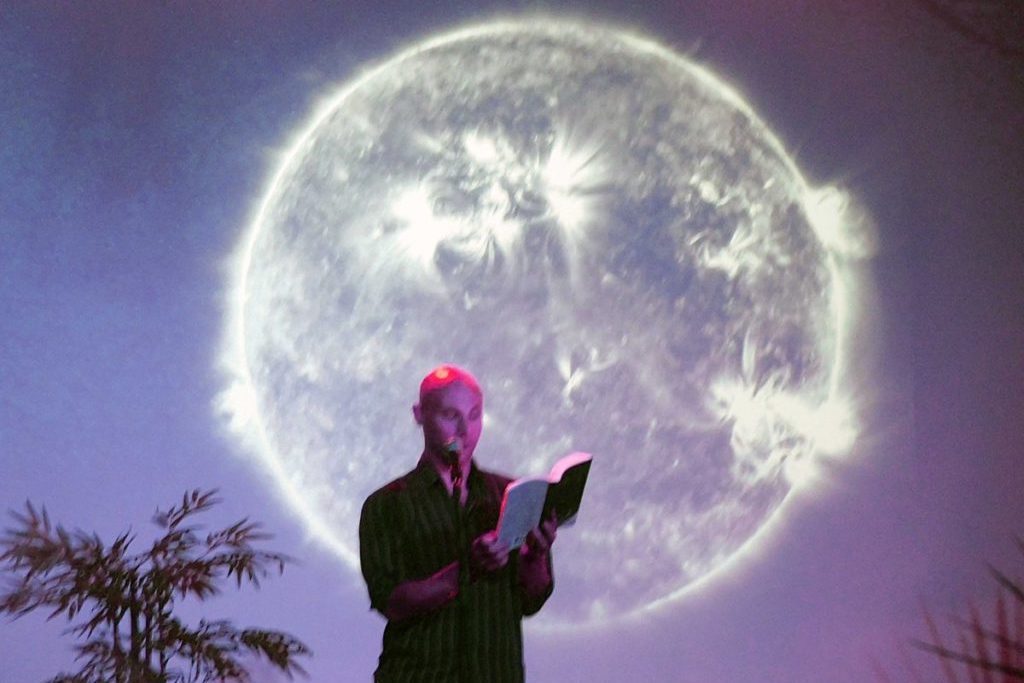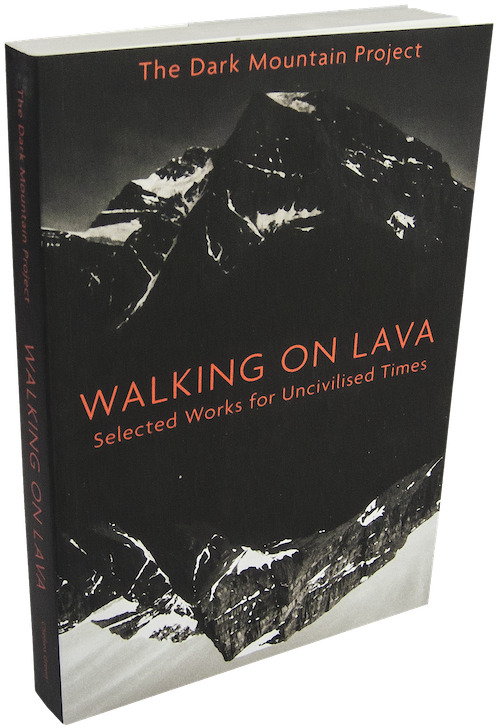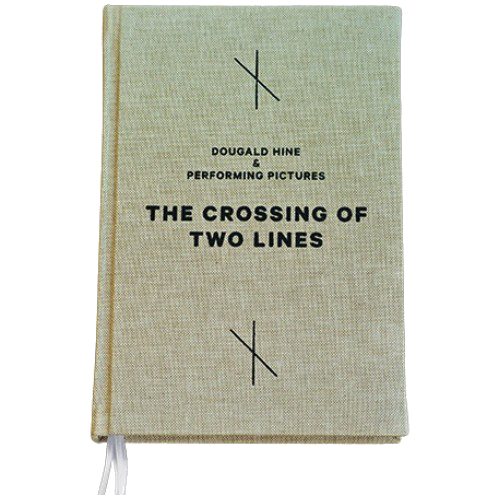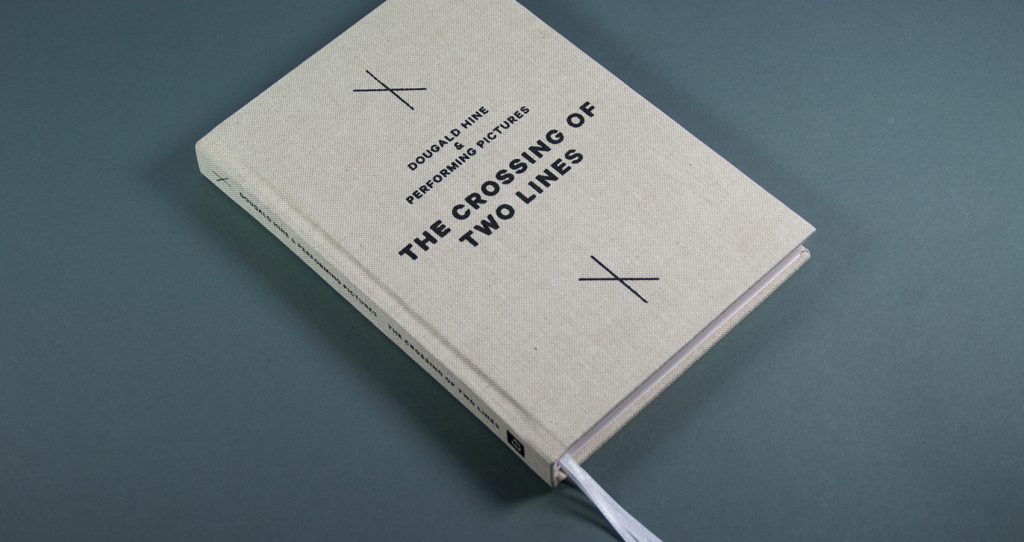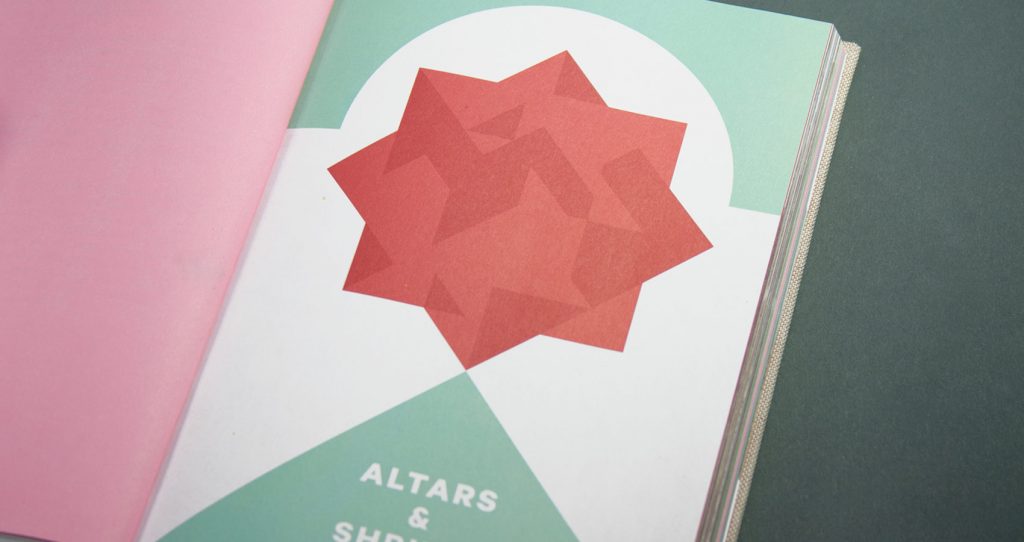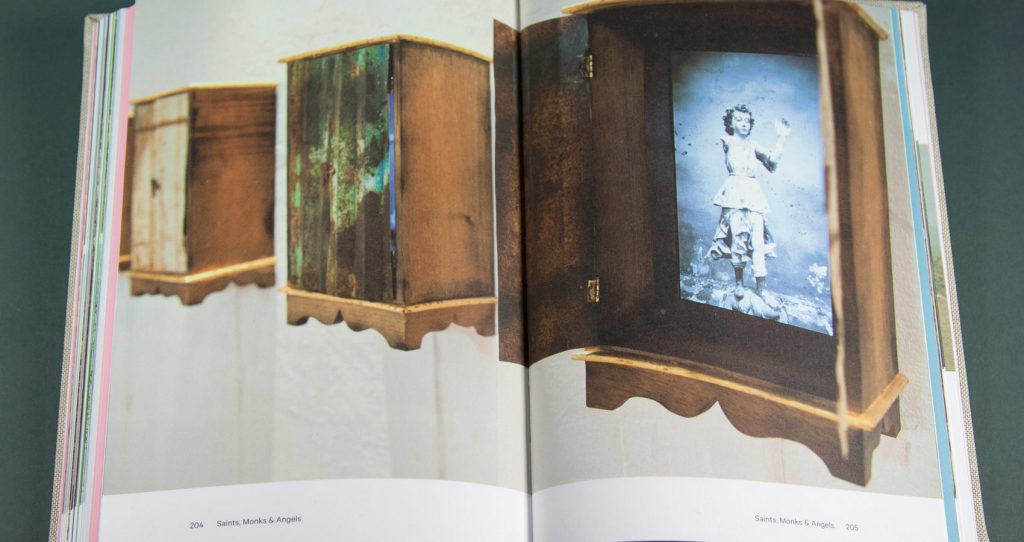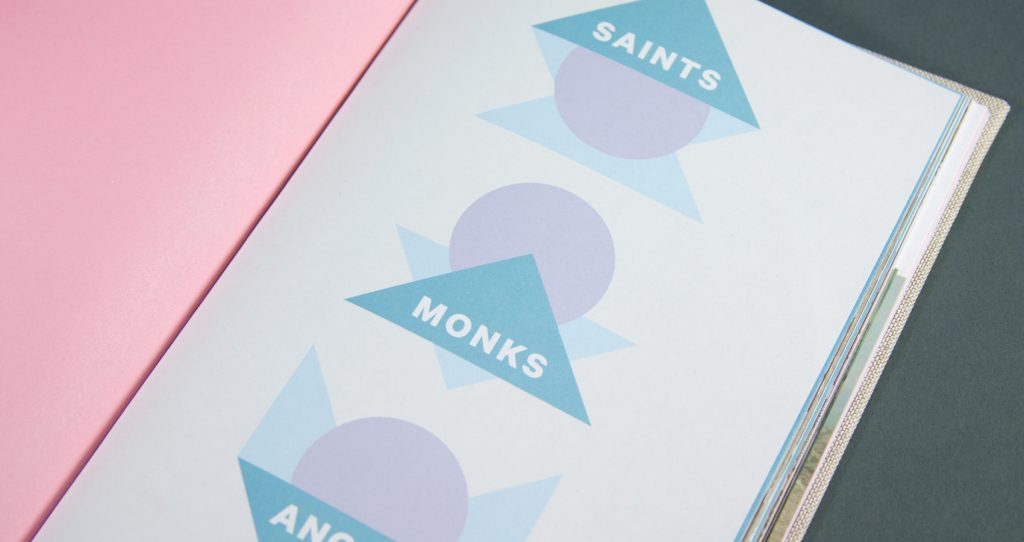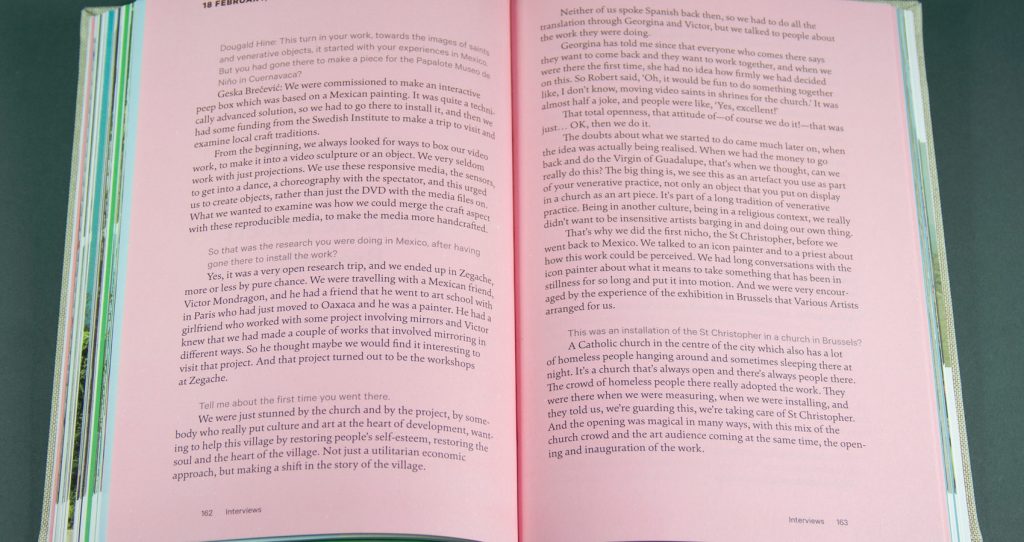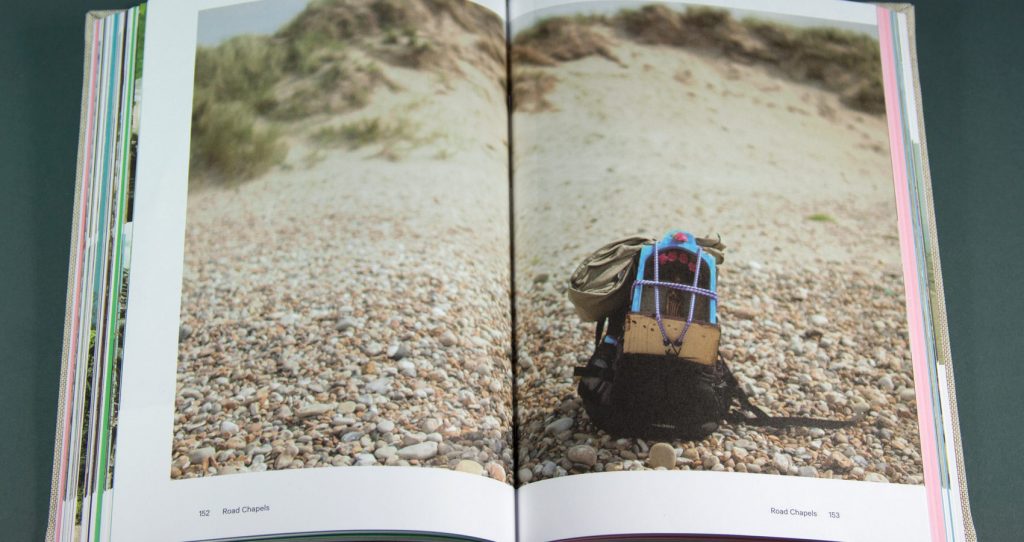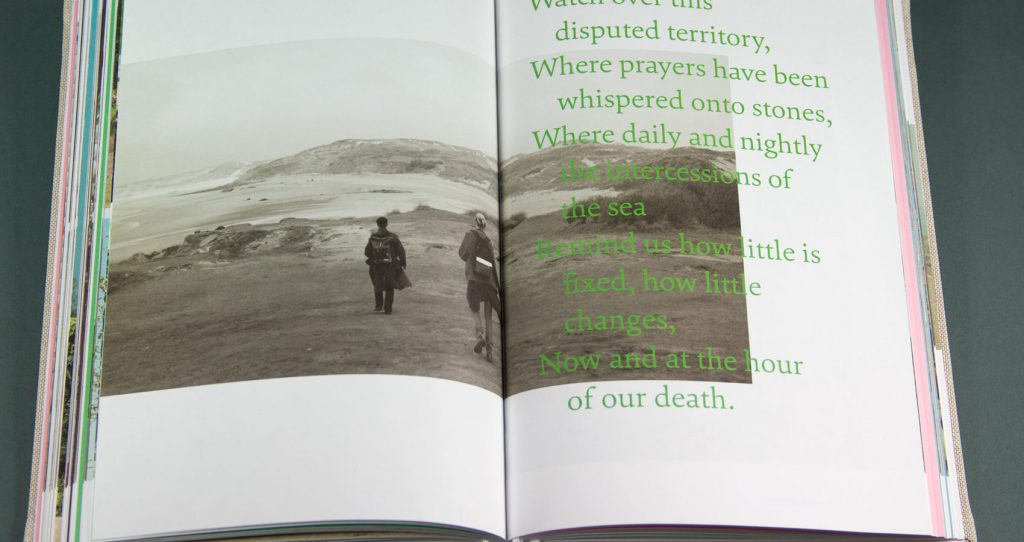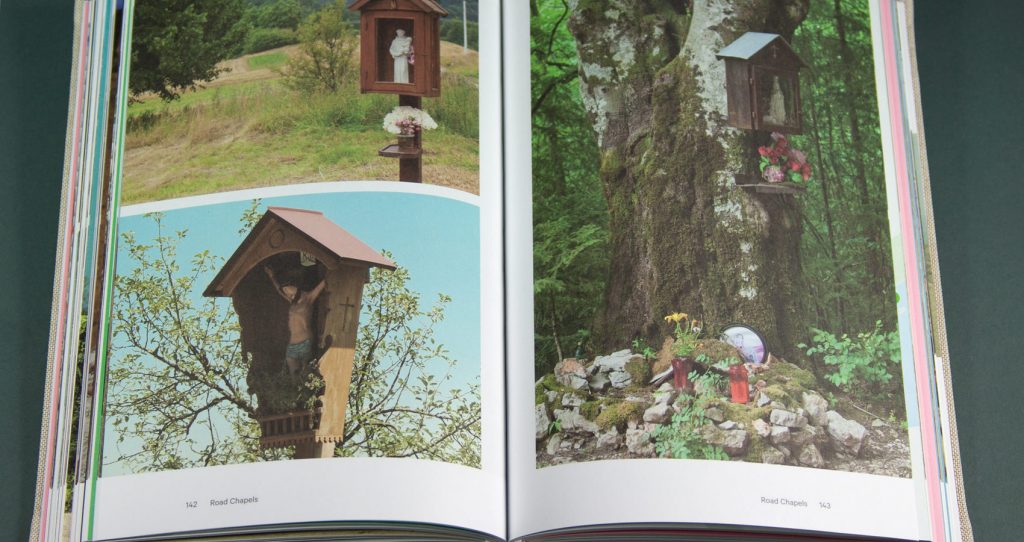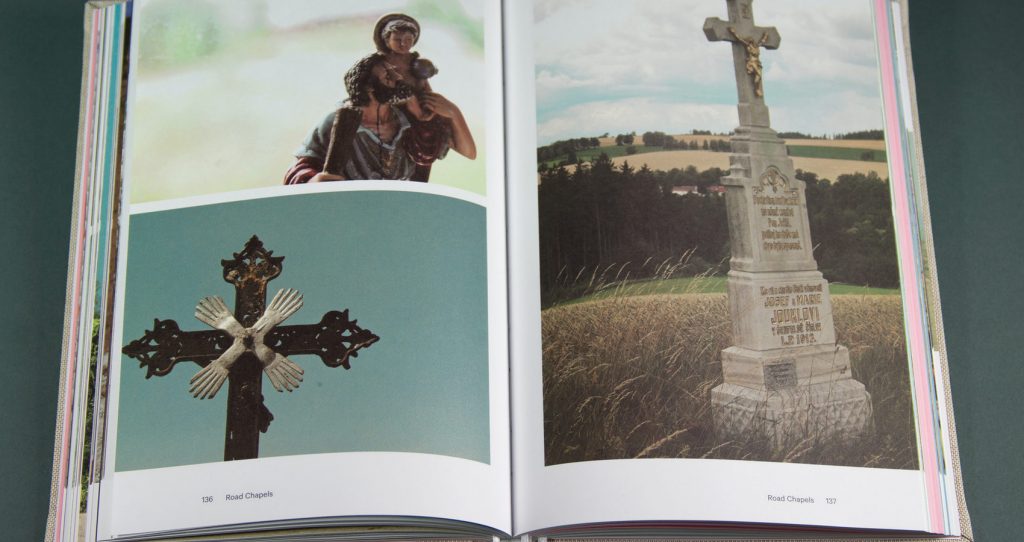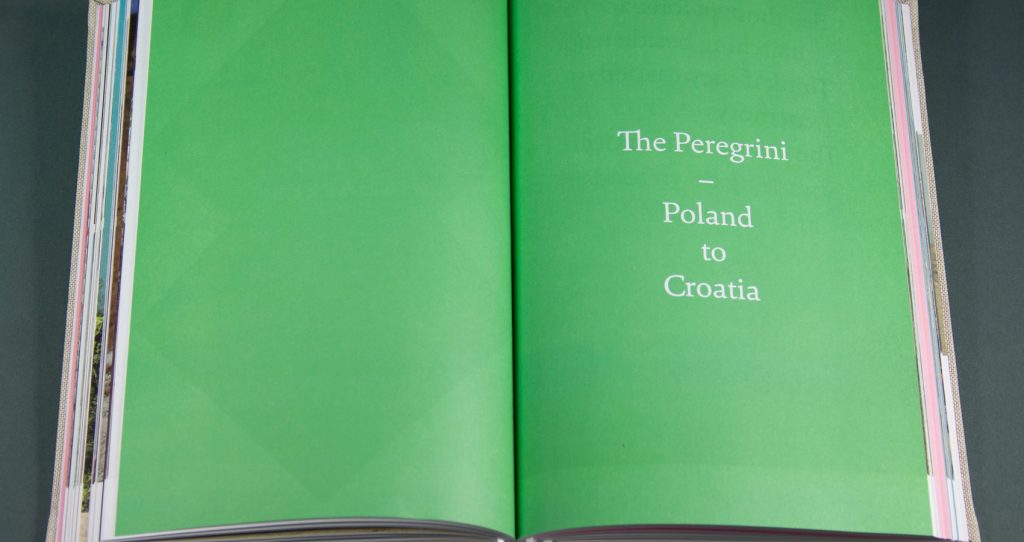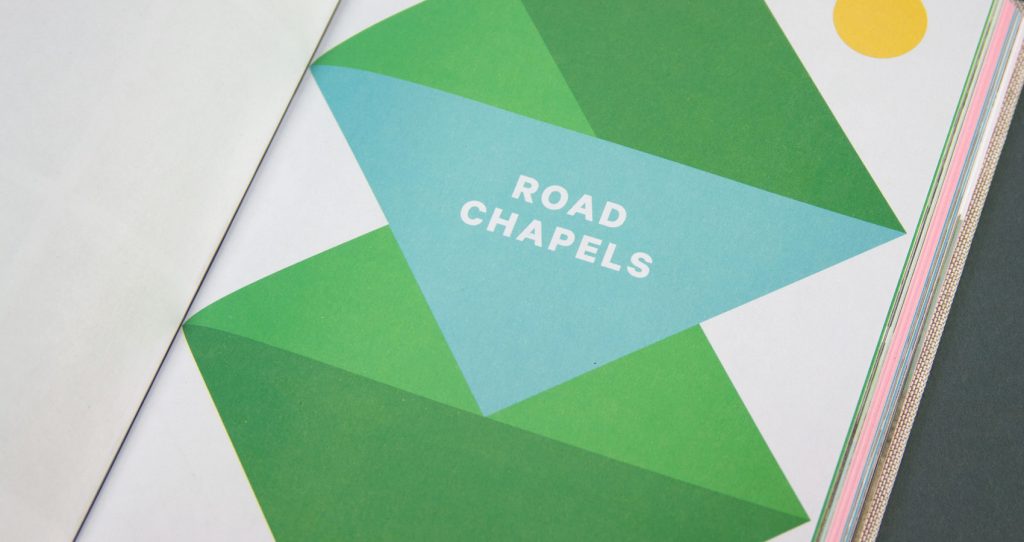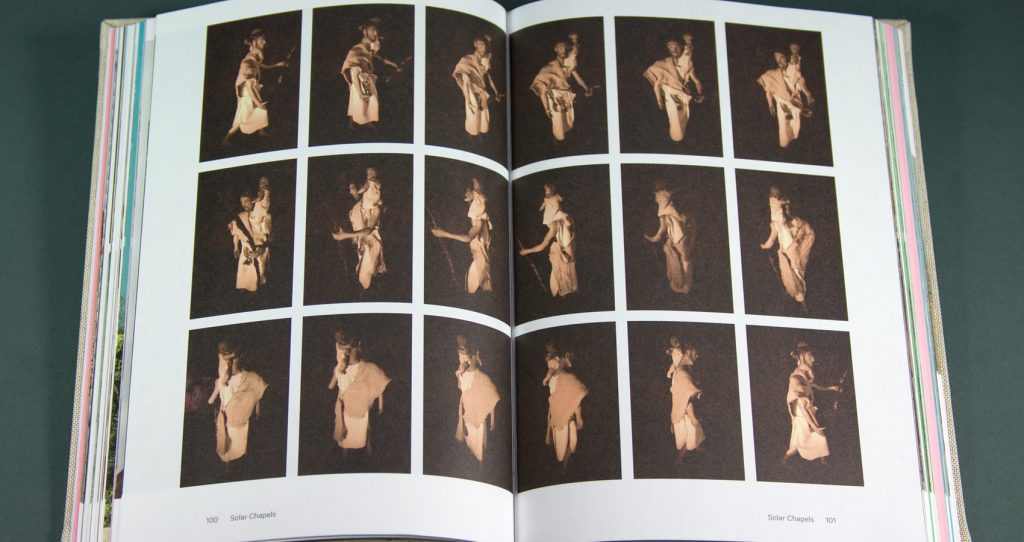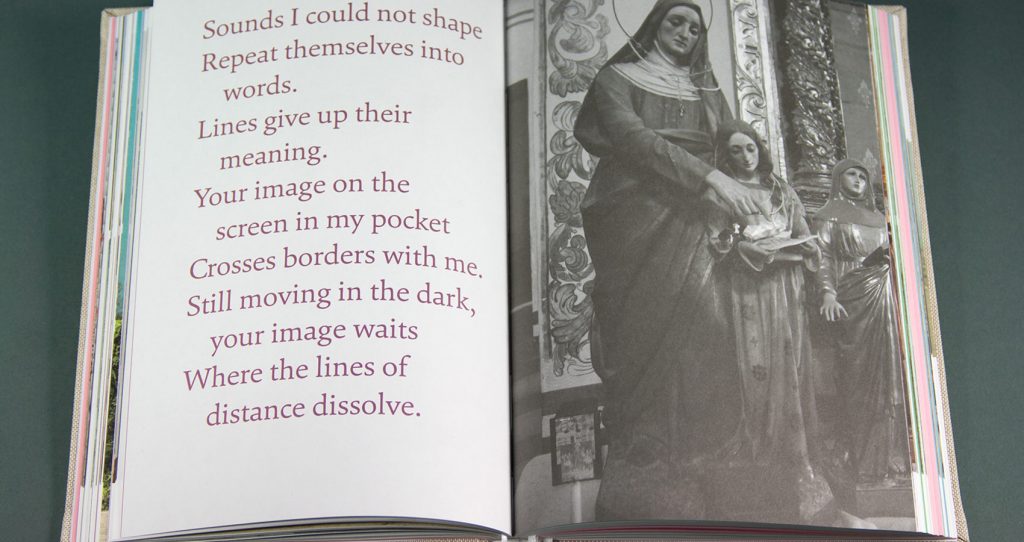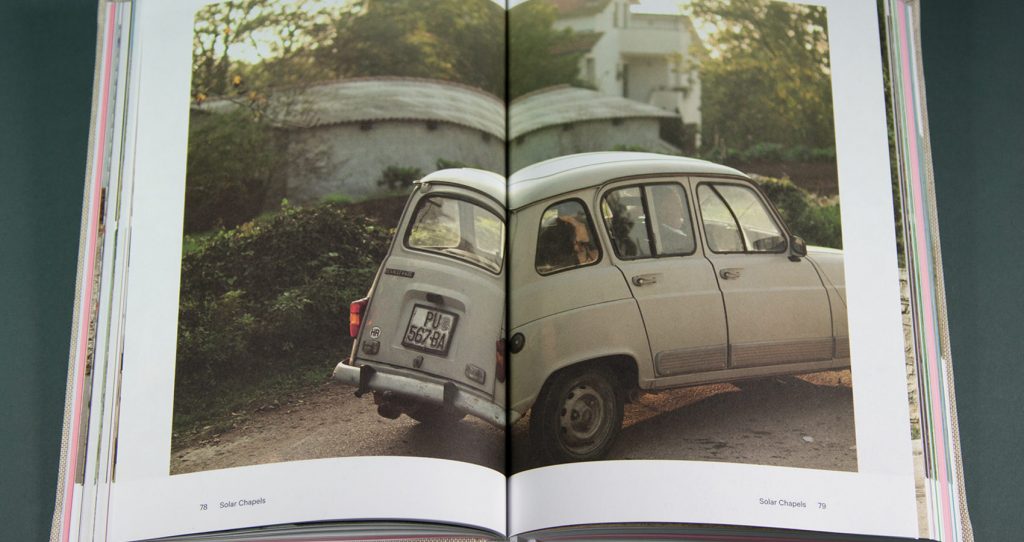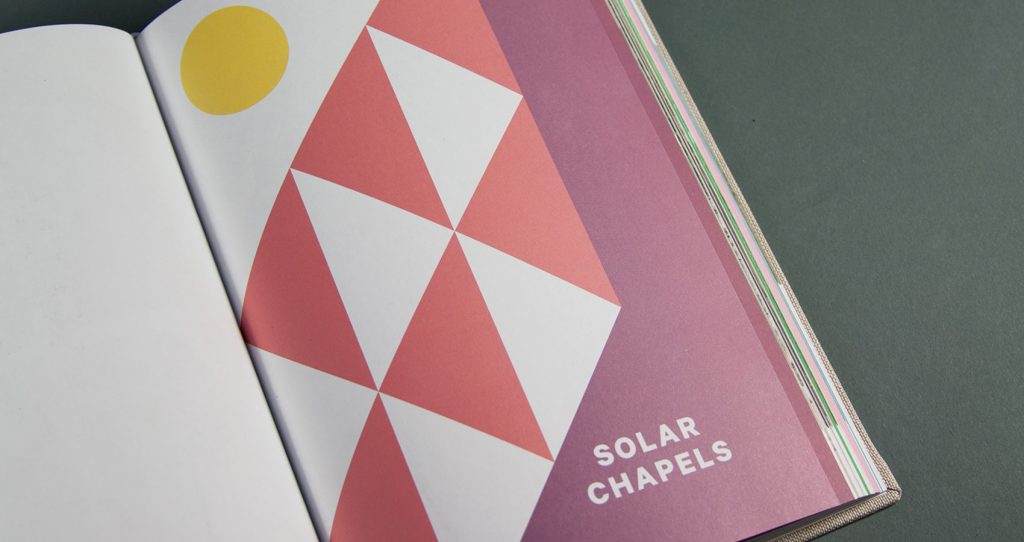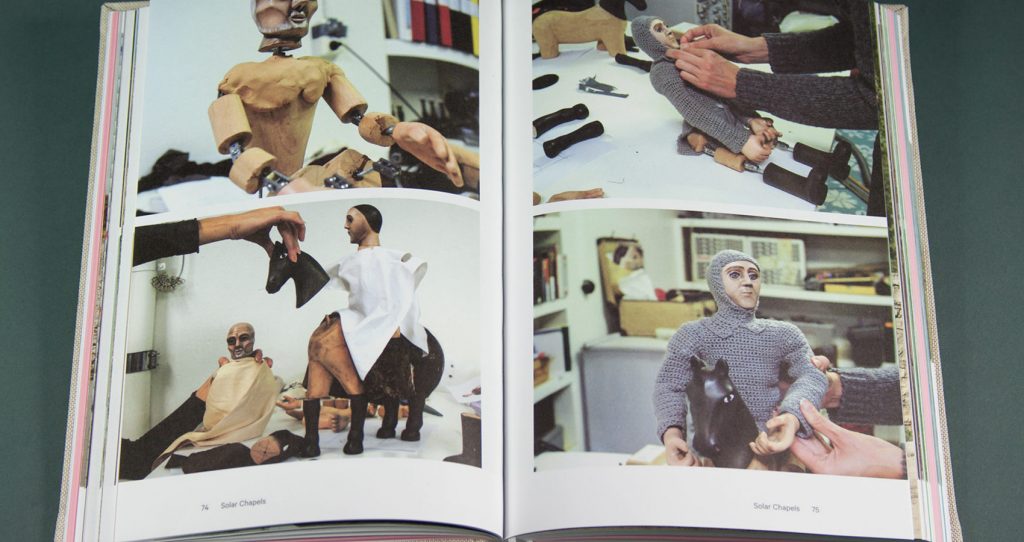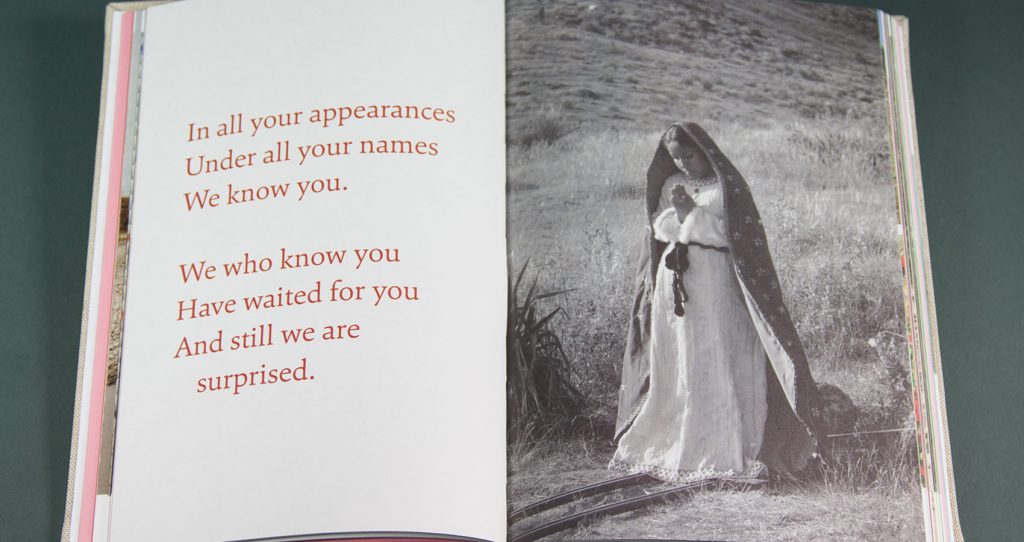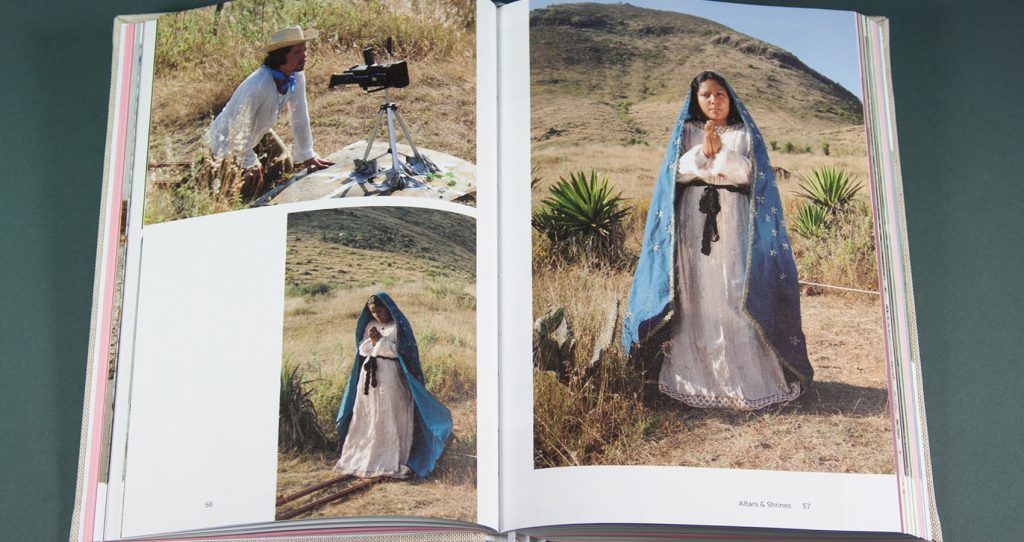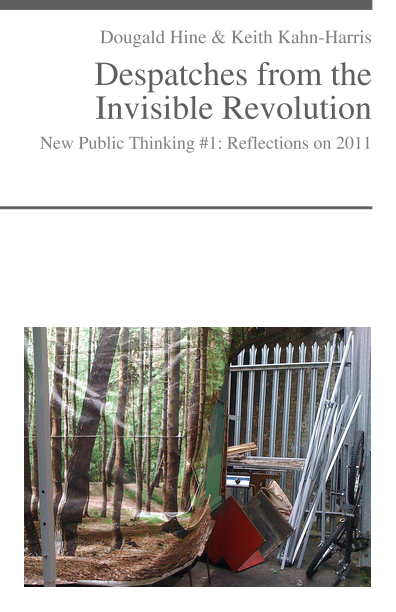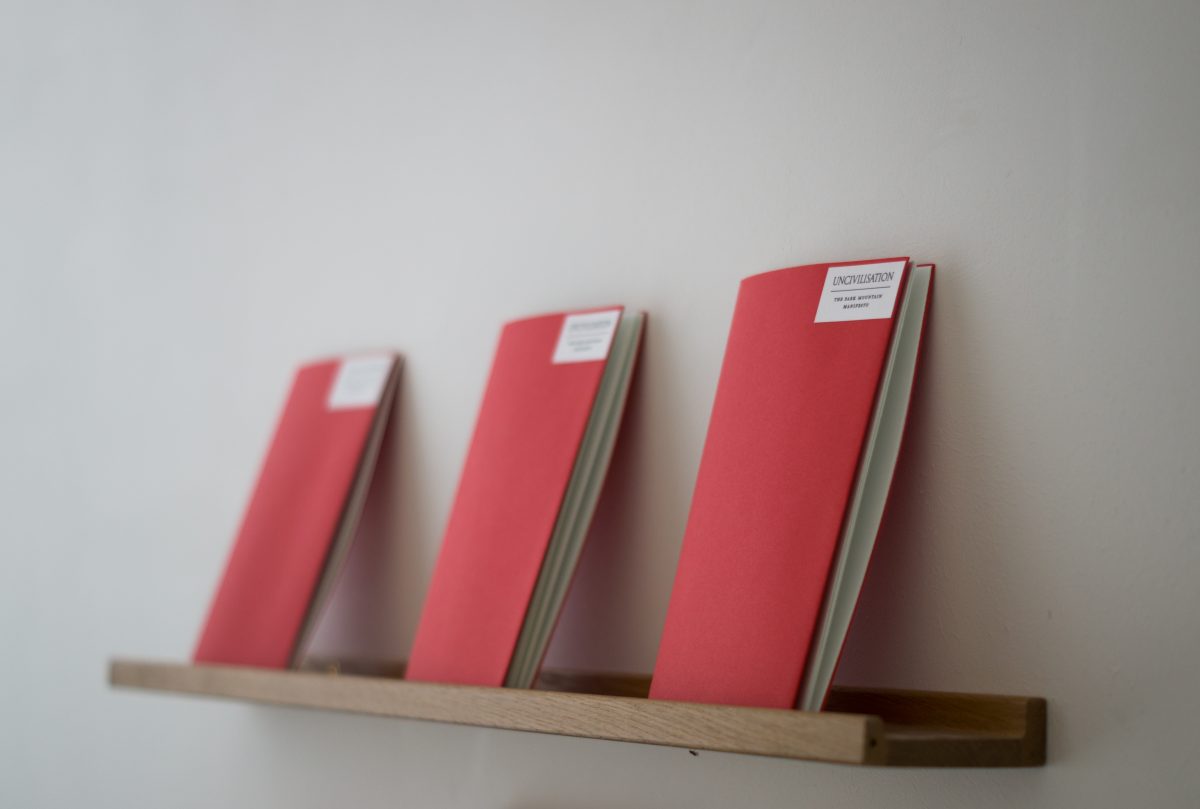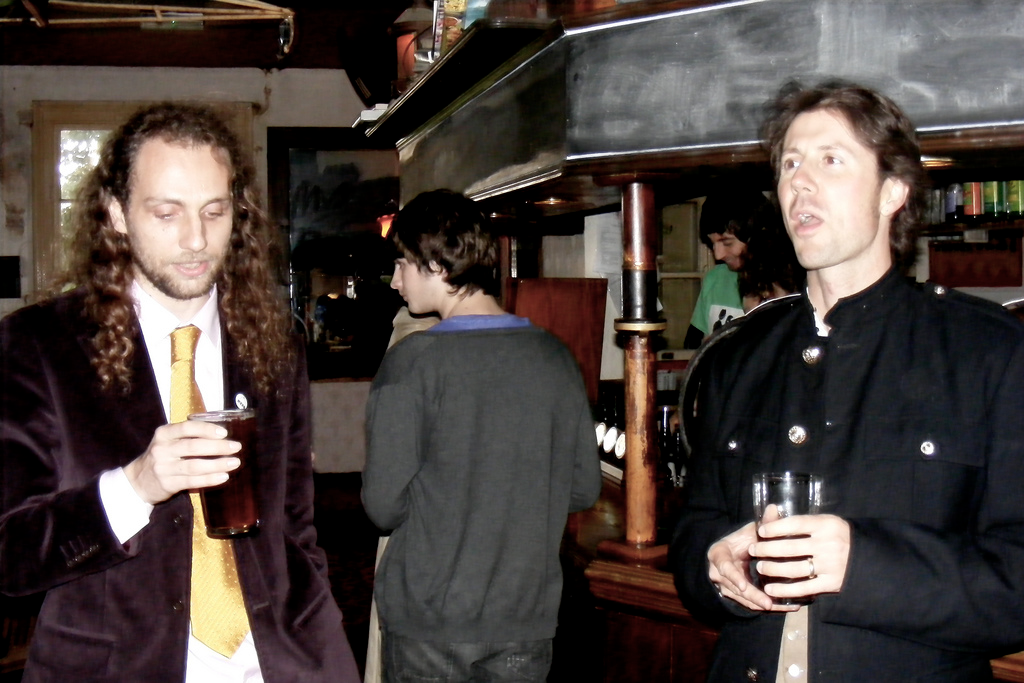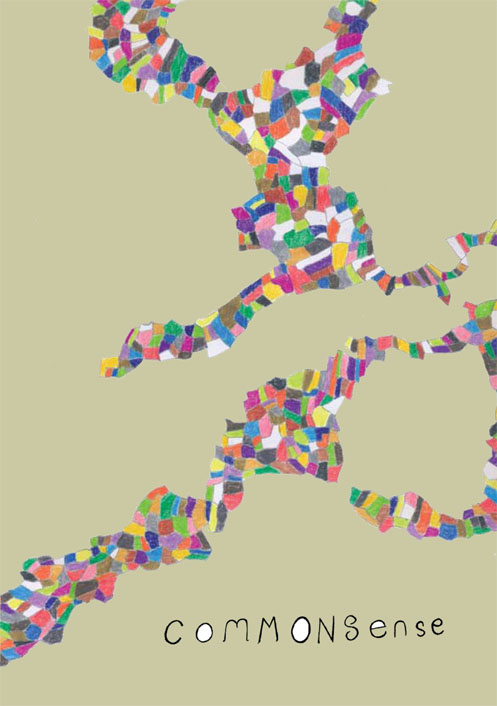A celebration of ‘the commons’ made in collaboration with the artist Anne-Marie Culhane and members of the Access Space media lab in Sheffield.
The original call for submissions
Access Space in Sheffield is seeking contributions for a magazine to be published this autumn. The issue will reflect a theme which connects the activities of Access Space to the wider world.
The theme of the issue is COMMONSense. Not so long ago, the only people who talked about “the commons” were historians; today, the language of the commons is central to debates around intellectual property, environmental protection, and resistance to globalisation. These international debates find their echoes here in South Yorkshire – in the activities of Access Space, recycling waste technology and promoting Open Source software, or in Grow Sheffield’s efforts to build local food networks and seed city centre wasteland. Can talk of “the commons” help us find common ground between these kinds of projects? Does using the same words mean we’ve found a common language – or can it disguise different meanings and intentions?
We’re looking for pieces of COMMONSense: prose (stories, thoughts, book reviews, bibliographies…), poetry, songs, pieces of code, photographs, cartoons, drawings, graphics or anything else you can think of. These might approach the theme in relation to green issues, land ownership, social relations, the internet, the music industry, copyright, software, or anything else that makes sense to you.
The format of the magazine means that each contribution will take up a single A5 page. With that in mind, we’re looking for the following:
* written texts of up to 200 words
* or poems of up to 20 lines
* or black and white drawings, cartoons, photos or other graphics
Images should be at least 300 dpi and in JPEG, PNG or TIFF format.
Texts should be in TXT, ODT or DOC format.
We ask that your contributions be made available to us under a Creative Commons Attribution-Non-Commercial license (see http://creativecommons.org/licenses/by-nc/2.0/uk/ ) The magazine will be freely accessable from the web.
Although we cannot pay for contributions, there will be a limited print edition and each contributor will receive a free copy.
The deadline for submissions is 26 September 2008 [EXTENDED TO 17 OCTOBER 2008]
Please send your contribution by email to collaborativecultures@googlemail.com
Attachments should be no more than 6 Mb.
The magazine will be edited by Dougald Hine and the creative direction will be by artist Anne-Marie Culhane.
It will be launched at Access Space during the Off The Shelf literary festival on 24 October 2008
Contact us at collaborativecultures@googlemail.com
www.access-space.org/ccs
Commonsense
